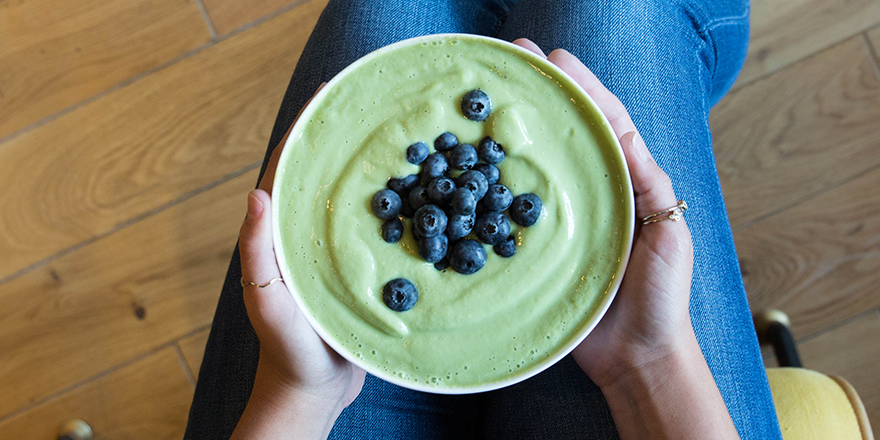World Mental Health Day is when we take a moment to shed light on a topic that is considered taboo. Mental health can often be an uncomfortable conversation because it’s not a black and white topic. But when we start the dialogue, knowledge, and compassion show up! If you know someone who has been affected by mental health trouble – or if you yourself have struggled – it’s important to know you’re not alone.
Mental Health in America
1 out of 5 American adults experience mental illness. Some of the most common mental health issues are depression, anxiety, bipolar disorder, PTSD, and OCD. In the last year, 43.3% of U.S. adults with mental illness received treatment in 2018. Mental health is a part of our wellbeing affected by traumatic events, weather, hormones, and everyday stress. Talking with family members, friends, or a therapist is a great way to express feelings and start to peel back the layers of the issue.
Your Gut Matters
Eating habits also play a role in mental health. Research has shown that probiotic-rich foods decrease anxiety and boost the mood. That makes kefir a great wellbeing tool because it contains 12 live and active probiotic cultures. Psychiatrist James Greenblatt explained that “‘the gut is really your second brain. There are more neurons in the GI tract than anywhere else except the brain.’” As research continues to develop, it’s becoming more and more apparent that there is a link between the gut and the brain. What was once suspected as one-way communication (brain to gut) is now understood to be more of a two-way system. Thus, the health of our gut may directly impact the health of our minds.
From medication to meditation, solutions are personalized when it comes to mental health.
Yoga, exercise, painting, and gardening are some great ways to connect the mind and body. Science even says that looking at colors can relax you! The colors that affect the mood in a positive way are blue, green, pink, white, violet, grey, and yellow. That is why spending time in nature is one of the most important factors when it comes to mental health.

Advice for a Healthy Wellbeing
Create a personal mantra: it can be a word, phrase, or sound that creates a feeling you want to experience.
Reshape your morning routine: how you begin your day sets the tone for everything to come. So start your morning off with a nutritious breakfast, easy workout, and a meditation/journaling session.
Be kind to yourself: it all starts with you.
